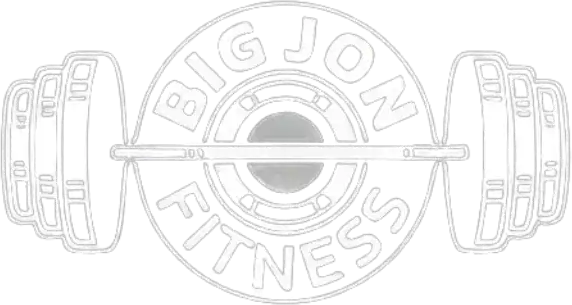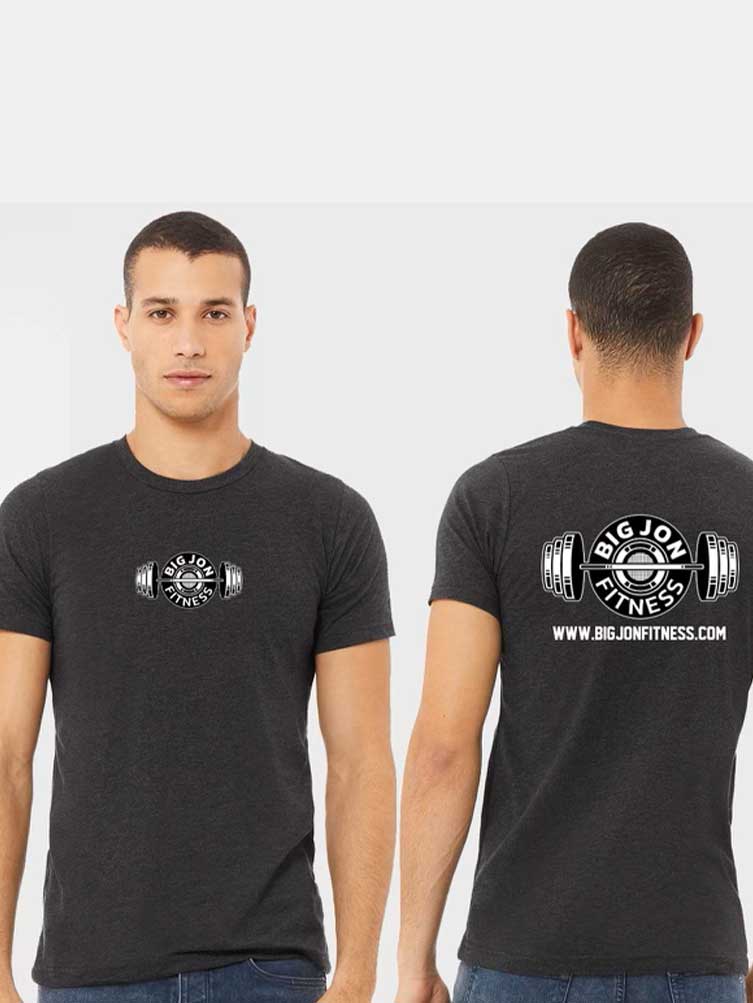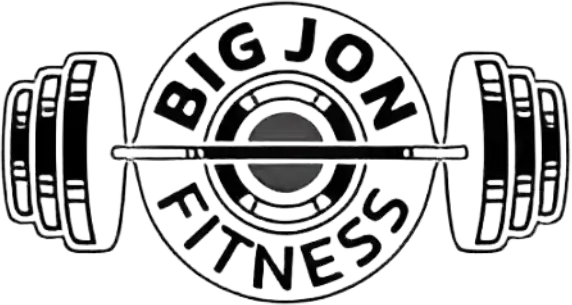My first bodybuilding prep experience
One of the biggest mysteries for first-time competitors seeking to get on stage for the first time is how long their contest prep should be. The length of an individual’s prep will always differ amongst individuals. I do want to share my first contest prep experience because, most of the time, first-time competitors error on the side of not giving themselves enough time to accomplish their goals. Often, frustration can set in when they think they are seeing a lack of progress towards being in stage shape, but the reality is the expectation of where the current physique is on day one and how long it will take to get to where they want to be are not in alignment.
When I committed to transitioning from a competitive strength athlete to bodybuilding, it took 14 months to accomplish this goal. I was not inexperienced in training in the gym as I had been lifting weights for the prior 10 years between high school and college as an athlete, and post-college as a strength athlete as I competed in the sport of strongman and tried some powerlifting at one point. I was not new to using PEDs as a strength athlete, and my lifetime PRs in relation to one-rep max lifts in the traditional lifts came from this time frame. I was about 315 pounds when I started this transition to the bodybuilding stage and thought I had lots of muscle as I was very strong and could easily compete to become a professional. However, my first prep taught me how little muscle development I actually had compared to what I initially thought because of my ability to lift heavy weights. Ultimately, I walked on stage at 228 pounds my first time out with an underdeveloped physique, also while using PEDs. My preps from then on over the next 10 years were around 20-24 weeks out from the first show of that prep.
Can you diet for 14 months straight? No. The process involves several diet and maintenance phases when looking at extended preps. The body can only diet for so long before your metabolism is negatively impacted. When this happens, generally, it is time to shift focus into a maintenance phase and work on reverse dieting and increasing carbohydrate and caloric levels to increase lean body mass.
It is critical to understand that muscle is what allows your metabolic rate to increase. Elevating your metabolism through the increase in lean body mass allows your body to continue progressing to leaner and leaner states. Oftentimes, novice competitors insist on fighting through and wanting to keep pushing to reach their initial goal show; however, what is mistaken is that they still have the same amount of muscle and most likely are experiencing a sluggish metabolism from muscle loss over the first prep. This does not mean that progress has not been made nor that pushing the first goal show back is a failure. What it means is metabolically speaking, you have done everything you can, but you may have just had too much ground to cover for a traditional 16-24 week prep for your first prep. Your metabolism needs more time because you need more muscle to get lean enough to show the types of muscle cuts and definition you want on stage. Even individuals who do not have higher levels of body fat to lose during their first prep often do not have enough muscle developed to show a balanced physique their first time on stage, which is why I mentioned that my first prep showed me how little muscle I actually had. When I reached about 8 weeks out, I was lifting nearly half the weight I was used to training within the gym during my first prep. I had to shift my focus to developing my physique as a bodybuilder versus simply being strong.
Why allow a novice competitor to start a prep if they will most likely need more time? Generally, most novice competitors do not fully understand this experience because they have yet to experience prep and genuinely believe they can make this goal happen, which leads to a heightened initial motivation. Suppose I sit down with a novice competitor for the first time who is highly motivated, while some understand from day 1 and will take the time to progress towards their goals and say let’s put together a 14-month gameplan to compete in your first show. In that case, the wind is sucked right out of the individual’s sail. Sometimes, it is best to let the individual go through the prep process and get a taste of progress and excitement and then explain that they have done great, but their body needs more time, and this is why, so let’s look at a later show date. I have also experienced individuals who understand that it may take them over a year to get on stage for the first time, so they are willing to take the extended prep mindset but fizzle out down the road and never actually get to the point of entering an actual 16-24 week prep. When factoring in motivation levels, it is hard to know how each person will respond on day one. Generally, individuals who are carrying higher levels of body fat need to start on day one by focusing on reducing body fat and rely on their high levels of motivation to get the process moving and then readjust in the future based on progress.
If you are looking at competing for the first time or are currently in your first prep, understand that it is not a failure to push your first show date back because it is about feeling confident in the package that you bring to the stage for the first time. The last thing you want to do is go on stage without feeling confident in your physique, which can lead to a negative experience.
First-time contest preps take a while. There is no mathematical formula to predict how long your first prep needs to be other than to go through the experience. However, for most, more time is needed than initially thought; therefore, keep a flexible mindset as you go through this experience, which will lead to a greater likelihood of a positive experience.












